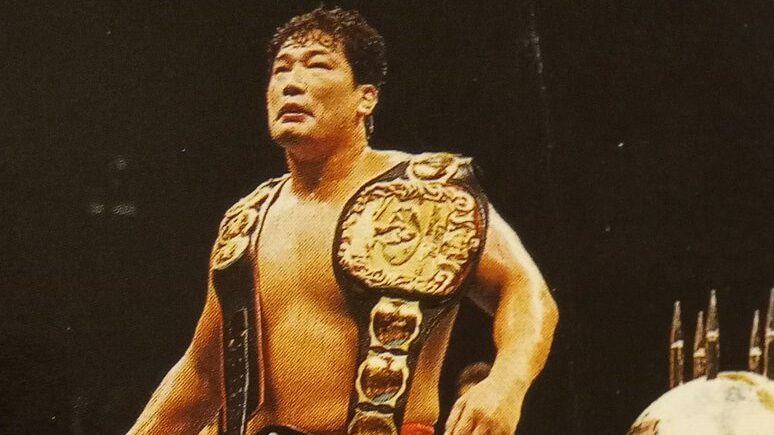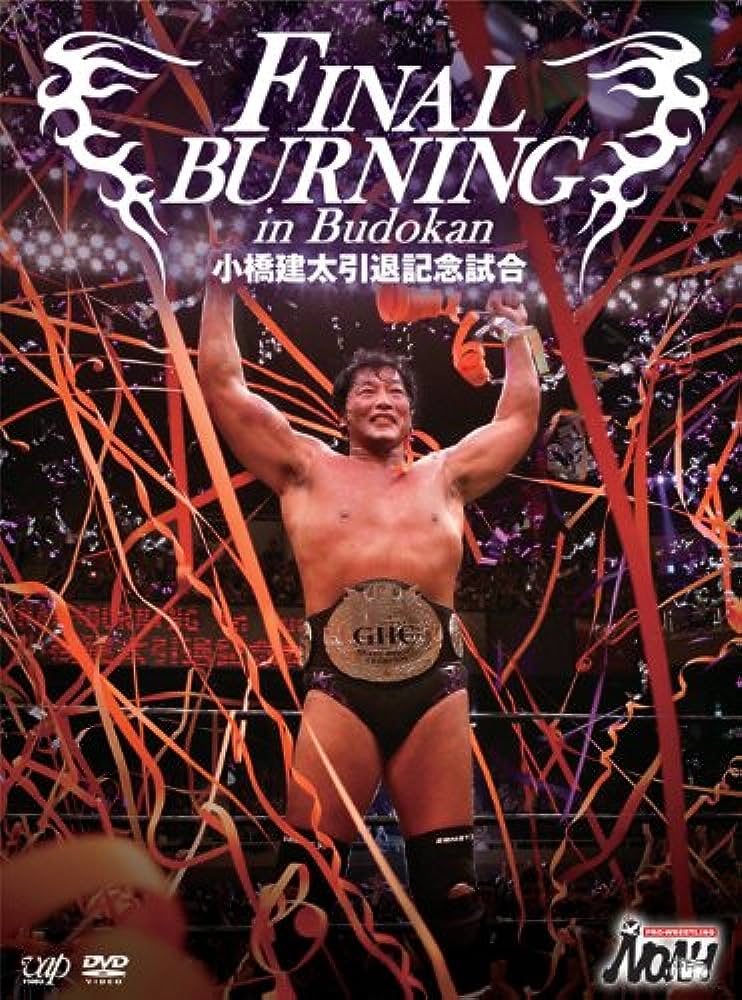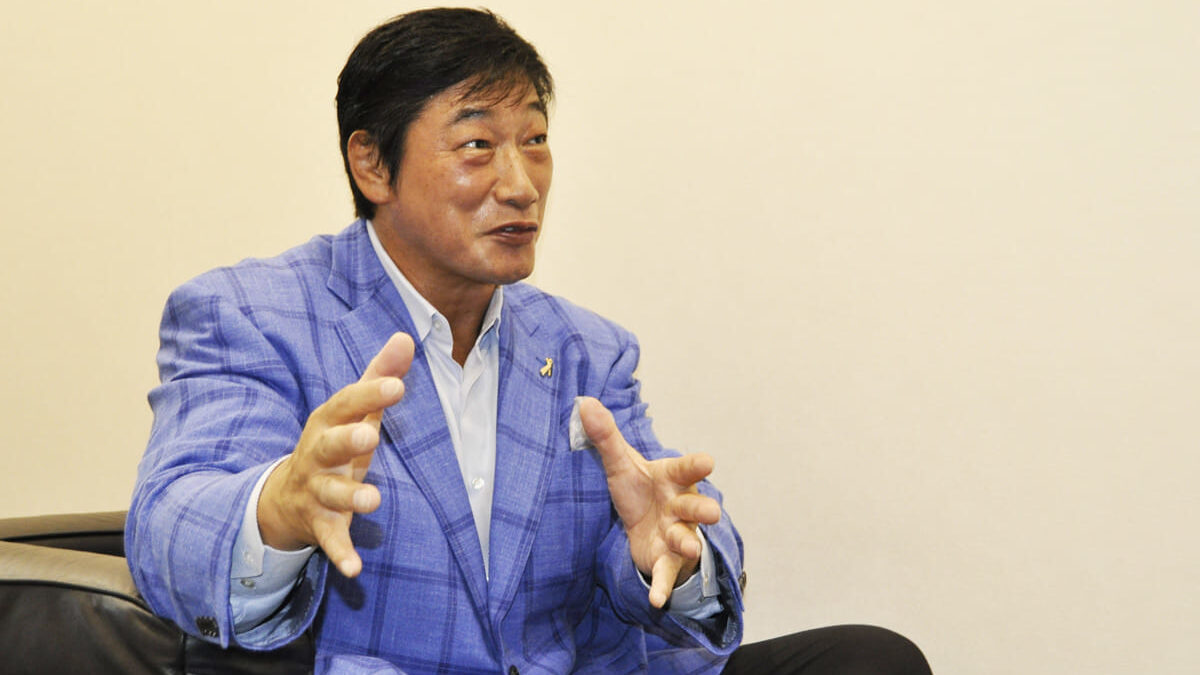Kenta Kobashi is one of the all-time great wrestlers, and 2023 marks 10 years since her retired from wrestling for good.
In 2013, a special event was put on in front of 17,000 fans in Nippon Bukodan, in Tokyo Japan. Likened by Dave Meltzer (of the Wrestling Observer) to the retirement of soccer star Pele in 1977, it truly felt like the end of an era in Japanese wrestling.
Unlike many in wrestling, Kenta Kobashi stayed retired after his final match, something very rare in the business of professional wrestling.
When Did Kenta Kobashi Retire?

Kenta Kobashi retired from wrestling in 2013, following a culmination of injuries suffered throughout his 25-year career.
His knees were destroyed by the time Kobashi was in his 20s, with the hard-hitting style employed by himself and the other Four Pillars of Heaven wreaking havoc on his body.
Kobashi described his knees as being “thrashed” by the age of 24, and suffered through dozens of various operations by the time he was in his mid-30s.
Despite this, he still managed to put on a host of incredible matches, namely against the “Four Pillars” – Mitsuharu Misawa, Toshiaki Kawada and Akira Taue.
Kenta Kobashi announced his retirement from wrestling on December 9th, 2012 at the NOAH The Great Voyage In Ryogoku 2012 Vol.2 event.
He did however reveal that he had one more match left in him leading to 2013 being the year of Kenta Kobashi’s last ever match in professional wrestling.
Kenta Kobashi’s Last Match

Kenta Kobashi’s last match in wrestling took place at a show paying tribute to him and his career.
Final Burning in Budokan was Kobashi’s retirement show, being built around the final match of his storied career.
It was originally meant to take place months earlier (on the 25th anniversary of his debut), but due to injuries Kenta Kobashi’s final match was pushed back to May 11th, 2013.
In one of the most star-studded main events in NOAH history, the team of Jun Akiyama, Keiji Mutoh, Kensuke Sasaki and Kenta Kobashi defeated Go Shiozaki, Kenta, Maybach Taniguchi and Yoshinobu Kanemaru.

Kobashi fittingly picked up the win, hitting one final moonsault and pinning Kanemaru to pick up the victory in his last match.
After the match, a ten-bell salute sounded to honor the end of Kobashi’s career, as well as a reading of all his accomplishments in wrestling.
It was a touching moment that truly showed what Kenta Kobashi meant to wrestling in Japan.
Why Did Kenta Kobashi Retire?

Kenta Konashi retired due to a neck injury, which saw him have anterior cervical fusion surgery in 2012.
While he was suffering with a multitude of injuries, including his knees, hips, elbows, and shoulders, it was the neck injury that made Kobashi make the decision to retire.
Following the death of Mitsuharu Misawa due to a cervical spinal cord injury causing a cardiac arrest, the Japanese legend was right to worry about his neck issues.
From 2008, Kobashi has suffered with varying levels of numbness – similar to Daniel Bryan in 2014 – and could not feel properly in his left arm and left leg for years.
At the NOAH The Great Voyage In Ryogoku 2012 Vol.2 event, Kenta Kobashi told fans that he would have a retirement match the following year, on what supposed to be the 25th anniversary of his debut match.
However, this was push backed to May 2013, as he was not in the right shape to wrestle one last match for Pro Wrestling NOAH.
The announcement was leaked in Tokyo Sports prior to Kobashi’s speech, something which he remains disappointed with.
It was reported that the fans in the arena were in tears hearing the news. It made sense, as one week prior Kobashi had been fired from NOAH, prompting a walk-out by some of the company’s biggest stars.
(Translations by Zach Arnold)
After his last match at his retirement show, Kobashi worked as a commentator on a variety of shows, as well as promoting a number of wrestling events under the name “Fortune Dream”.
Since retirement, he has not been tempted to come back to the ring, remaining happy with his 25-year career in the pro-wrestling business in Japan.

